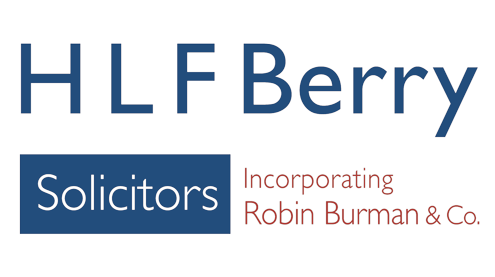A Guide To The Due Diligence Process For First Time Sellers of Businesses
Due diligence is a process undertaken when a business is sold and ensures the buyer has all the information needed to go ahead with the purchase.
Whether you are conducting a share sale (selling all the shares in the company) or an Asset sale (selling the assets of the company), you and your buyer will need to go through the due diligence process to complete the transaction.
The Due Diligence Process
The buyer’s solicitor sends out a DDQ, Due Diligence Questionnaire that covers potential issues including information on the business property, its key contracts and tax that the buyer needs to make an informed decision. The form of this differs depending on whether it is a Share Sale or an Asset Sale.
Whilst it is the buyer’s responsibility to ensure it obtains all the information relating to the company it is going to buy through due diligence, it is the seller’s responsibility to reply to the questionnaire thoroughly, honestly and promptly, to keep the transaction moving – otherwise it may end in a protracted transaction, losing the buyer or a claim being made against the seller after completion.
For the seller, it’s a challenging time as you are expected to answer all the questions and still run your business.
Tips To Manage The Due Diligence Process
Plan Ahead
As the due diligence process is long and time consuming, it’s good to plan ahead.
There is lots of paperwork involved and you should gather documents together as well as make a list of documents you need from third parties such as copies of contracts with suppliers.
To avoid any potential delays to the transaction, start preparing around 2-3 years ahead of a sale and begin this document process when in the early planning stage for your sale. This way you can address any concerns your buyer may have early on. We can help you to start the process in good time.
Gather Documents
The questionnaire covers many areas and many documents are required. You will need an array of documents from various sources and the process of getting hold of these is often lengthy.
As a guide, the documents you will need include:
- Assets-related documents
You will need to make clear which equipment, machinery, fixtures and fittings are owned by the company and which are leased. If any are leased, you should provide copies of the lease agreements and terms and conditions. You will also need to give valuations for the assets. - Employment documents
Copies of employment contracts will be needed. - Property documents
You will need to provide copies of leases and information relating to properties such as insurance documents, any planning permissions and EPC energy ratings. - Constitutional documents
If you are selling via a share sale then you will need to provide your statutory books – these are private company registers you will have had since starting your business and may be with your accountant or solicitor for safe keeping.
Update Your Data Room
If there are a lot of documents, a data room is a secure way of sharing information online and this platform will enhance your transaction process. You will be able to upload all relevant documents that provide supportive evidence for your DDQ responses.
It makes it easier to sort the information according to the DDQ replies, so that your buyer can access your responses and know which section of the questionnaire it relates to.
Making The Due Diligence Process As Smooth As Possible
Our specialist solicitors are here to advise you if you are planning to sell the shares in your company or the business of the company as a going concern – and can help with the due diligence process to help ensure it goes as smoothly as possible.
By being prepared and keeping your data room updated, you should ensure your sales transaction runs without delay and also minimise the risk of any post-completion claims being made against you.
To speak to one of our professional solicitors about the due diligence of your business sale, please contact us at our Chorlton office on 0161 860 7123 or email chorlton@hlfberry.com or at our Failsworth office on 0161 681 4005 or email failsworth@hlfberry.com






